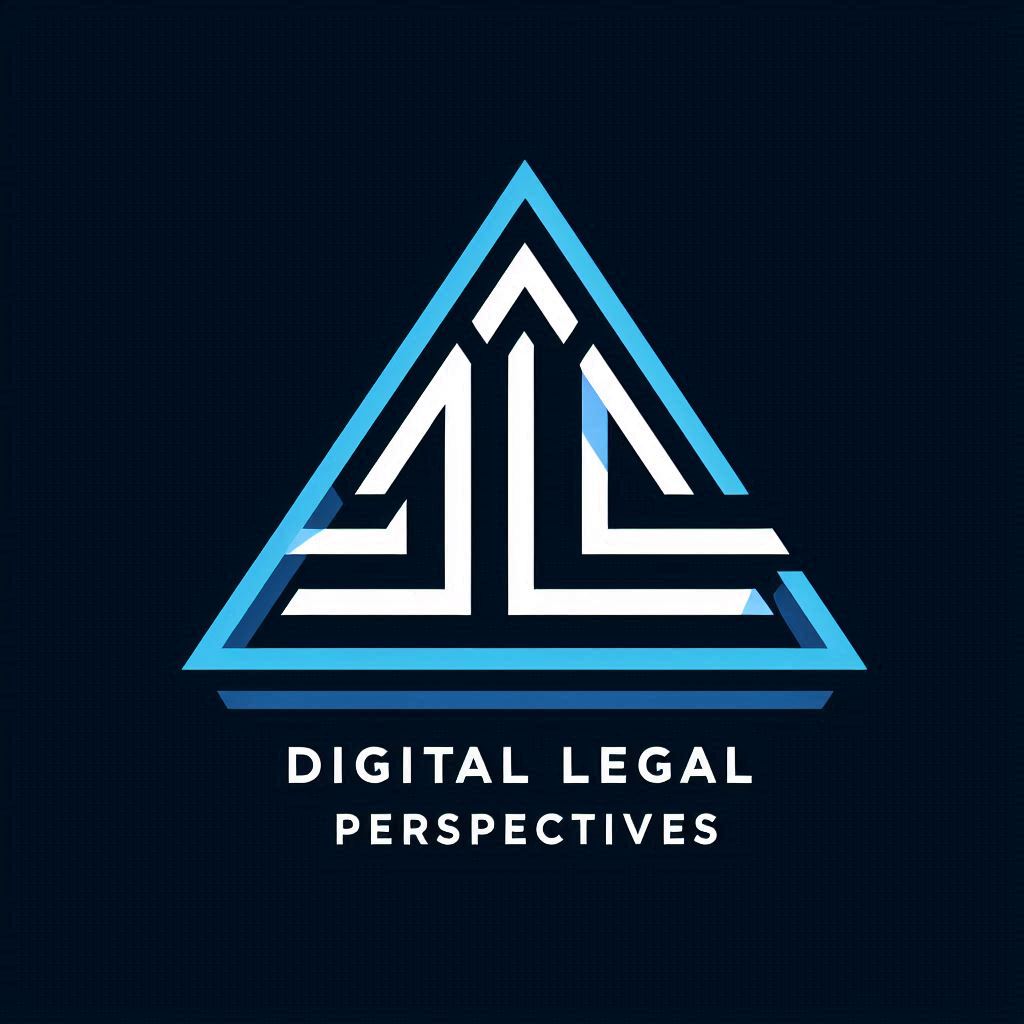Jargon to Plain English!
Your go-to glossary for decoding the law — in everyday language.
Below are 100+ legal terms, sorted alphabetically, with clear, plain-English explanations. These are ideal for:
- Accordion or dropdown cards
- Alphabetical listing with anchor links
- Tooltips or hover-text definitions
- Searchable glossary widget
A – D
Affidavit
A written statement confirmed by oath or notarization — used as evidence in court.
Arbitration
A way to settle disputes without going to court, using a neutral third party.
Assets
Anything you own that has value — money, property, stocks, etc.
Bankruptcy
A legal process that helps you clear or repay debts under court protection.
Beneficiary
The person who gets money or assets from a will, insurance, or trust.
Breach of Contract
Breaking the rules or terms of a contract.
Cease and Desist
A formal notice to stop doing something illegal or harmful.
Claim
A demand for money or action, often in lawsuits or insurance.
Class Action
A lawsuit brought by one person for a larger group of people.
Contract
A written or verbal agreement that the law will enforce.
Court Order
A written command from a judge that must be followed.
Custody
Legal right to care for or make decisions for a child.
Damages
Money awarded to someone who’s been hurt or wronged.
Defendant
The person or party being sued or accused in court.
Deposition
Sworn, recorded testimony given before a trial.
Dispute
A disagreement that may lead to legal action.
E – H
Emancipation
When a minor becomes legally independent from their parents.
Evidence
Facts or proof used to support a claim in court.
Eviction
The legal removal of a tenant from rental property.
Executor
The person who handles someone’s will after they die.
Felony
A serious crime, usually punishable by more than a year in prison.
Foreclosure
When a lender takes back property because the borrower stopped paying.
Garnishment
When money is taken from your paycheck to pay a debt.
Guardian
Someone appointed to care for a child or person who can’t manage for themselves.
Harassment
Unwanted, repeated behavior that causes fear or distress.
Hearing
A court meeting where both sides present their case to a judge.
I – L
Injunction
A court order to stop doing something (or sometimes to start doing something).
Intellectual Property (IP)
Creations of the mind like logos, inventions, and books — protected by law.
Interest
Money paid for borrowing money — or earned for lending.
Interrogatories
Written questions one party asks another during a lawsuit.
Judgment
The final decision in a lawsuit.
Jurisdiction
The court’s power to hear a case or enforce laws in a specific area.
Lease
A legal agreement to rent property.
Liability
Legal responsibility for something — like debt or damages.
Lien
A legal claim on someone’s property until a debt is paid.
Litigation
The legal process of taking a dispute to court.
Living Will
A document that states your healthcare wishes if you can’t speak for yourself.
M – P
Mediation
A process where a neutral person helps two sides reach an agreement.
Minor
Someone under the legal age of adulthood (usually 18).
Misdemeanor
A less serious crime — usually punishable by fines or up to a year in jail.
Motion
A formal request asking the court to do something.
Negligence
When someone fails to act with care, causing harm to another.
Non-Disclosure Agreement (NDA)
A contract that keeps shared info confidential.
Notarize
To have a document officially verified by a notary public.
Paralegal
A trained legal assistant who supports lawyers.
Party
A person or group involved in a legal case.
Patent
Legal protection for an invention.
Perjury
Lying under oath — a serious crime.
Plaintiff
The person who starts a lawsuit.
Power of Attorney (POA)
A document that lets someone act legally on your behalf.
Precedent
A past court decision that helps guide future cases.
Probate
The legal process of handling a person’s estate after they die.
Q – T
Quash
To cancel or reject a legal action or subpoena.
Quiet Title
A legal action to resolve ownership issues over property.
Real Property
Land and anything permanently attached to it.
Restraining Order
A court order to keep someone away from another person.
Retainer
Upfront payment made to a lawyer to secure their services.
Settlement
An agreement between both sides to resolve a case before it goes to trial.
Small Claims Court
A simple, fast court for smaller disputes (usually under a set dollar limit).
Statute
A written law passed by a government body.
Statute of Limitations
The deadline to file a lawsuit.
Subpoena
A court order that requires someone to show up or provide evidence.
Tenant
A person who rents property from a landlord.
Testimony
Spoken or written evidence given under oath.
Trust
A legal setup where property is held by one person for someone else.
U – Z
Unlawful Detainer
A legal action a landlord uses to evict a tenant.
Verdict
The jury’s or judge’s final decision in a case.
Waiver
When someone gives up a right — usually in writing.
Will
A document that explains what should happen to your assets after you die.
Witness
Someone who sees or knows something relevant to a legal case.
Writ
A formal written order from a court.
Zoning
Laws that control what types of buildings can go in certain areas.

Leave a Reply